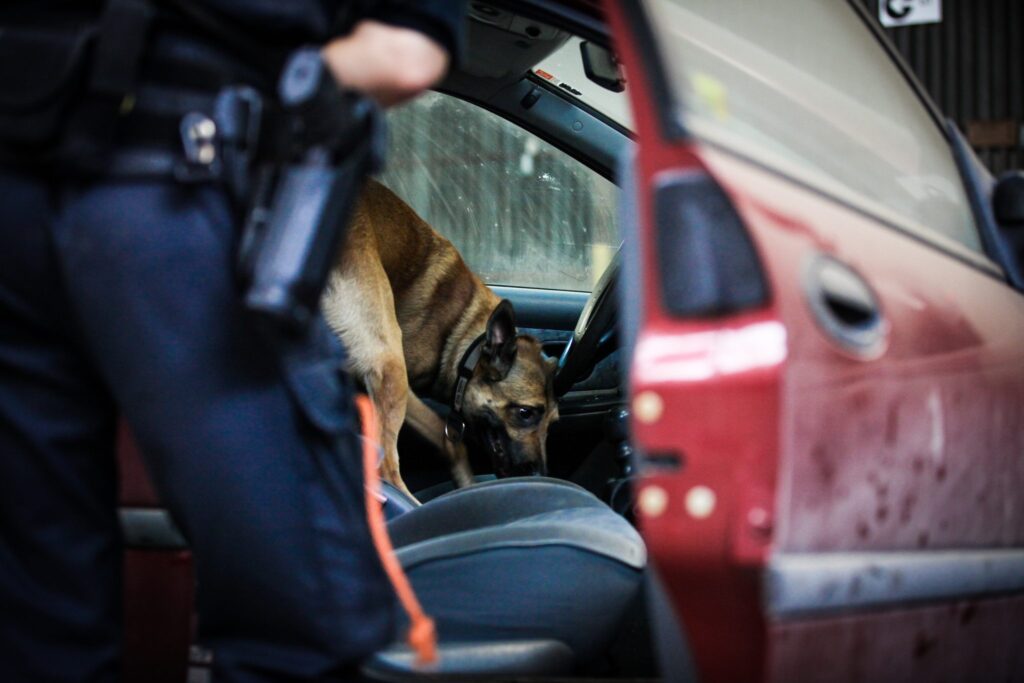
One of the most common questions that we hear in our office is, “Did that officer actually have the right to search my car?” Most likely, the answer is yes. The most common reason police officers can search a vehicle without a warrant is that they have probable cause (“pc”).
This includes what the officer can see in plain view from outside your vehicle, the driver’s behavior, or what the officer can smell. This means if the officer smells marijuana or alcohol, sees drugs or other contraband, or the driver is acting strange or nervous, they may have probable cause to search your vehicle.
If they do not have PC, the officer may ask you for permission to search your vehicle. You can choose to give them consent or politely refuse—saying no does not imply guilt and is in and of itself not probable cause to search your vehicle. That being said, if you are arrested, the officer has the right to search your vehicle once it has been impounded, no matter what you were arrested for. They cannot, however, have your car towed and impounded just so that they can search it.
If it is determined that the evidence the State is attempting to use to convict you was obtained illegally, you can seek to have that evidence suppressed for trial. This will often force the State to dismiss your case since they will be lacking necessary evidence to proceed.
It is important to have an experienced attorney on your side to review evidence and make sure that it was legally obtained so that you can be defended in court. If you have been charged with a crime and you believe your vehicle was wrongfully searched, call the Law Office of Price & Wiggins, P.C. so that we can review your case.
Posted in Criminal Defense
Tagged search warrants, traffic stops